272-49-1
| Name | 1H-pyrrolo[3,2-b]pyridine |
|---|---|
| Synonyms |
PYRROLOPYRIDINE
MFCD00971977 1,4-Diazaindene 1h-pyrrolo[3,2-b]pyridine 4-oxide 4-Azaindole 1H-Pyrrolo[3,2-b]pyridine 4-azanidole |
| Description | 1H-Pyrrolo[3,2-b]pyridine is a biochemical reagent that can be used as a biological material or organic compound for life science related research. |
|---|---|
| Related Catalog |
| Density | 1.2±0.1 g/cm3 |
|---|---|
| Boiling Point | 273.8±13.0 °C at 760 mmHg |
| Melting Point | 126-127ºC |
| Molecular Formula | C7H6N2 |
| Molecular Weight | 118.14 |
| Flash Point | 124.8±11.1 °C |
| Exact Mass | 118.053101 |
| PSA | 28.68000 |
| LogP | 0.78 |
| Vapour Pressure | 0.0±0.5 mmHg at 25°C |
| Index of Refraction | 1.697 |
| Storage condition | 2~8℃ |
|
Material Safety Data Sheet
Section1. Identification of the substance Product Name: 4-Azaindole Synonyms: Section2. Hazards identification Harmful by inhalation, in contact with skin, and if swallowed. Section3. Composition/information on ingredients. Ingredient name:4-Azaindole CAS number:272-49-1 Section4. First aid measures Skin contact:Immediately wash skin with copious amounts of water for at least 15 minutes while removing contaminated clothing and shoes. If irritation persists, seek medical attention. Eye contact:Immediately wash skin with copious amounts of water for at least 15 minutes. Assure adequate flushing of the eyes by separating the eyelids with fingers. If irritation persists, seek medical attention. Inhalation:Remove to fresh air. In severe cases or if symptoms persist, seek medical attention. Ingestion:Wash out mouth with copious amounts of water for at least 15 minutes. Seek medical attention. Section5. Fire fighting measures In the event of a fire involving this material, alone or in combination with other materials, use dry powder or carbon dioxide extinguishers. Protective clothing and self-contained breathing apparatus should be worn. Section6. Accidental release measures Personal precautions: Wear suitable personal protective equipment which performs satisfactorily and meets local/state/national standards. Respiratory precaution:Wear approved mask/respirator Hand precaution:Wear suitable gloves/gauntlets Skin protection:Wear suitable protective clothing Eye protection:Wear suitable eye protection Methods for cleaning up: Mix with sand or similar inert absorbent material, sweep up and keep in a tightly closed container for disposal. See section 12. Environmental precautions: Do not allow material to enter drains or water courses. Section7. Handling and storage Handling:This product should be handled only by, or under the close supervision of, those properly qualified in the handling and use of potentially hazardous chemicals, who should take into account the fire, health and chemical hazard data given on this sheet. Store in closed vessels, refrigerated. Storage: Section8. Exposure Controls / Personal protection Engineering Controls: Use only in a chemical fume hood. Personal protective equipment: Wear laboratory clothing, chemical-resistant gloves and safety goggles. General hydiene measures: Wash thoroughly after handling. Wash contaminated clothing before reuse. Section9. Physical and chemical properties Appearance:Not specified Boiling point:No data No data Melting point: Flash point:No data Density:No data Molecular formula:C7H6N2 Molecular weight:118.1 Section10. Stability and reactivity Conditions to avoid: Heat, flames and sparks. Materials to avoid: Oxidizing agents. Possible hazardous combustion products: Carbon monoxide, nitrogen oxides. Section11. Toxicological information No data. Section12. Ecological information No data. Section13. Disposal consideration Arrange disposal as special waste, by licensed disposal company, in consultation with local waste disposal authority, in accordance with national and regional regulations. Section14. Transportation information Non-harzardous for air and ground transportation. Section15. Regulatory information No chemicals in this material are subject to the reporting requirements of SARA Title III, Section 302, or have known CAS numbers that exceed the threshold reporting levels established by SARA Title III, Section 313. SECTION 16 - ADDITIONAL INFORMATION N/A |
CHEMICAL IDENTIFICATION
HEALTH HAZARD DATAACUTE TOXICITY DATA
|
| Symbol |


GHS05, GHS07 |
|---|---|
| Signal Word | Danger |
| Hazard Statements | H302-H318 |
| Precautionary Statements | P280-P305 + P351 + P338 |
| Hazard Codes | Xi: Irritant; |
| Risk Phrases | 41 |
| Safety Phrases | 26-39 |
| RIDADR | NONH for all modes of transport |
| HS Code | 29339980 |
| Precursor 10 | |
|---|---|
| DownStream 10 | |
| HS Code | 29339980 |
|---|

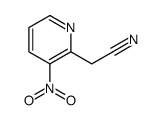
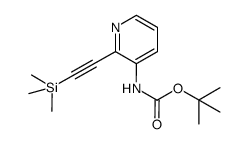
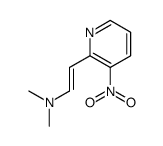
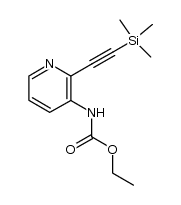
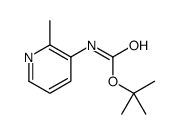
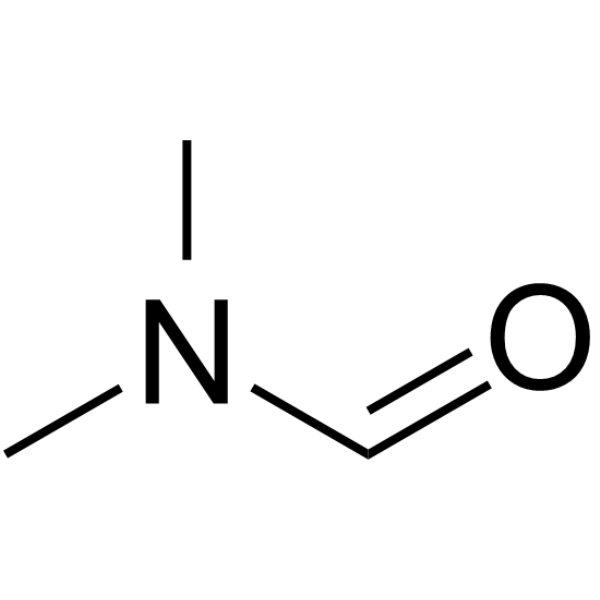
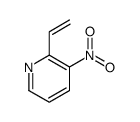
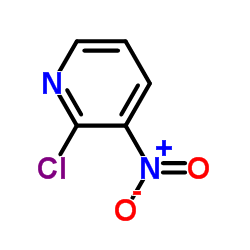
![1H-Pyrrolo[3,2-b]pyridine, 1-acetyl- (8CI) structure](https://image.chemsrc.com/caspic/267/24509-73-7.png)
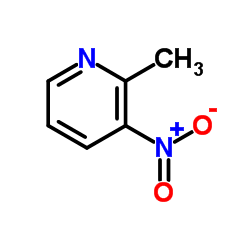
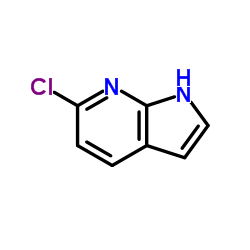
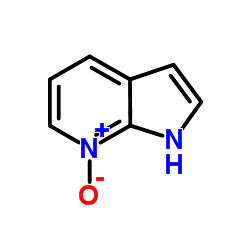
![methyl 6-iodopyrrolo[2,3-b]pyridine-1-carboxylate structure](https://image.chemsrc.com/caspic/017/143468-10-4.png)
![1-Boc-3-bromo-1H-pyrrolo[3,2-b]pyridine structure](https://image.chemsrc.com/caspic/268/192189-15-4.png)
![N,N-dimethyl-1-(1H-pyrrolo[3,2-b]pyridin-3-yl)methanamine structure](https://image.chemsrc.com/caspic/185/23612-34-2.png)
![3-Bromo-1H-pyrrolo[3,2-b]pyridine structure](https://image.chemsrc.com/caspic/237/23688-47-3.png)
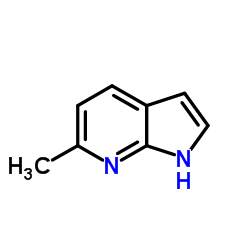
![1H-Pyrrolo[3,2-b]pyridine-3-carbaldehyde structure](https://image.chemsrc.com/caspic/028/276862-85-2.png)
![3-Bromo-6-methyl-1H-pyrrolo[2,3-b]pyridine structure](https://image.chemsrc.com/caspic/200/1000340-28-2.png)
![1H-Pyrrolo[3,2-b]pyridine 4-oxide structure](https://image.chemsrc.com/caspic/171/1116136-36-7.png)